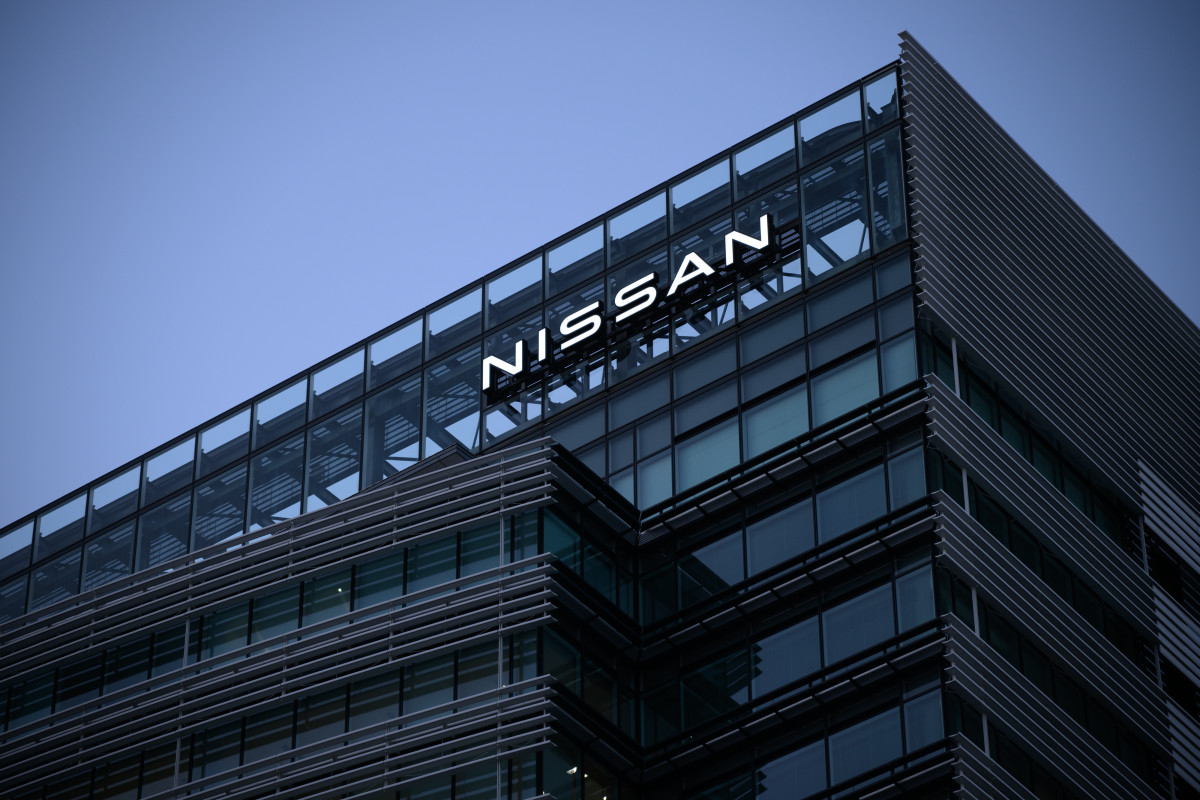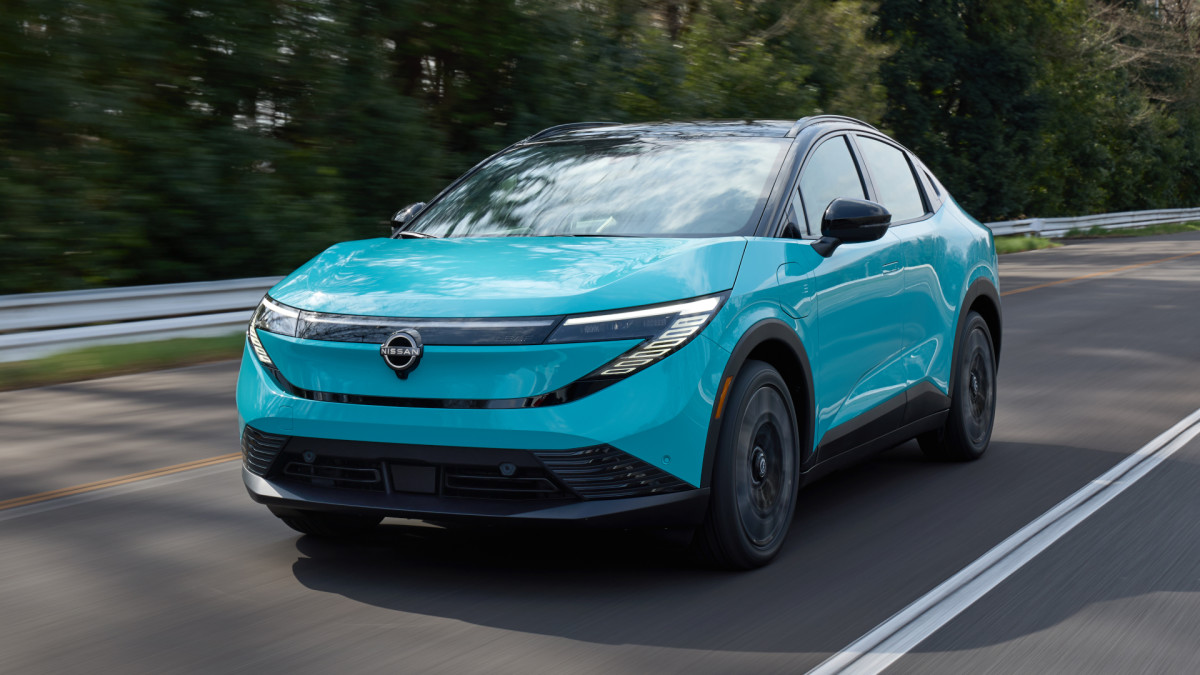Nissan has been going through a rough patch lately
Nissan CEO Ivan Espinosa may have only been in his job since April, but the tide that he shifted at the automaker has been anything but calm. Just last month, the 46-year-old announced a new restructuring plan called Re:Nissan, which heavily focuses on consolidating the automaker’s current assets, including cutting nearly 19,000 jobs, as well as the shutdown of seven global assembly plants.
“It is a very, very painful and sad decision to take. We wouldn’t be doing this if it were not necessary for the survival of Nissan,” Espinosa said at the time.
However, according to a new report by Reuters, Japanese automaker Nissan is adopting a unique approach to regulating its cash flow and spending, involving its suppliers, as revealed by a newly surfaced batch of internal emails that offers a clearer look at how tight things have become behind the scenes.

Akio Kon/Bloomberg via Getty Images
Nissan: Will you take an IOU?, Reuters reports
According to a newly surfaced batch of internal emails reviewed by the newswire and close internal sources at Nissan, the automaker has requested that some of its suppliers in Europe and the United Kingdom agree to delayed payments in exchange for more compensation. This strategy is designed to provide temporary relief from Nissan’s fiscal crisis. Following his appointment as Chief Executive in April, Espinosa has been working to stabilize operations at the company amidst its financial pressures.
Sources familiar with the matter indicate that Nissan suppliers were presented with two options: they could either stick to the original payment schedule or agree to a slight delay in exchange for additional compensation. In the former case, HSBC would provide upfront payments to suppliers, leaving Nissan on the hook with the British bank to pay back with interest. Despite this, this kind of arrangement seeks to provide immediate liquidity for the company and its limited resources.
This course of action highlights Nissan’s efforts to free up cash before the end of the April-to-June quarter. As part of this initiative, Nissan intends to shift some payments originally scheduled for June into mid-August, and in some situations, even as far as September.

Nissan
Surprisingly, this approach to deferred payments is not new for Nissan. A similar tactic was said to be utilized in March near the end of the 2024-2025 fiscal year. Additionally, there are separate allegations suggesting that Nissan may have underpaid suppliers in Japan, potentially violating Japanese laws. In a statement to Reuters, Nissan acknowledged the existence of this program and confirmed that it had offered “more flexible payment terms” to its suppliers. The company further explained that the decision is tied to maintaining enough liquidity to support ongoing turnaround efforts and to cover upcoming bond repayments.
According to internal emails exchanged between staff members in Nissan’s European and UK purchasing and treasury departments, seen by Reuters, this effort to lean up its spending came “from CEO top down.” However, Nissan later told the newswire that the CEO “didn’t mandate functional tasks in regions” and declined to comment on internal goals or discussions.

Nissan
Further, an email exchange involving a Nissan treasury department director mentioned a “purchasing task” intended to free up €150 million (~$175 million) by delaying payments past the end of the quarter. A separate internal document from October 2024 reviewed by Reuters showed that Nissan saved an estimated €59 million (~$69 million) through flexible payment arrangements with more than a dozen suppliers and other companies it contracted in the region, including companies like the staffing firm ManpowerGroup as well as the Mitsui O.S.K. Lines, which provides sea shipping services.
Final thoughts
This discovery is especially damning because it comes as Nissan is hemorrhaging money in ways that would make Dave Ramsey and Caleb Hammer seethe with rage. Nissan previously posted a net loss of ¥700 billion (~$4.5 billion) for the 2024-2025 fiscal year, and reported that it held ¥2.2 trillion (~$15.1 billion) of cash on hand and equivalents. Nissan expects to post a loss of ¥550 billion (~$3.8 billion) this quarter.
This is solely my opinion, but I think Nissan needs to be examined more closely from an outside perspective. Granted, Ivan Espinosa intends to right-size the company, reduce its footprint, and reduce its workforce as part of its Re:Nissan plans. Just saying, Stellantis hired McKinsey, and they aren’t unfamiliar with helping other automakers.